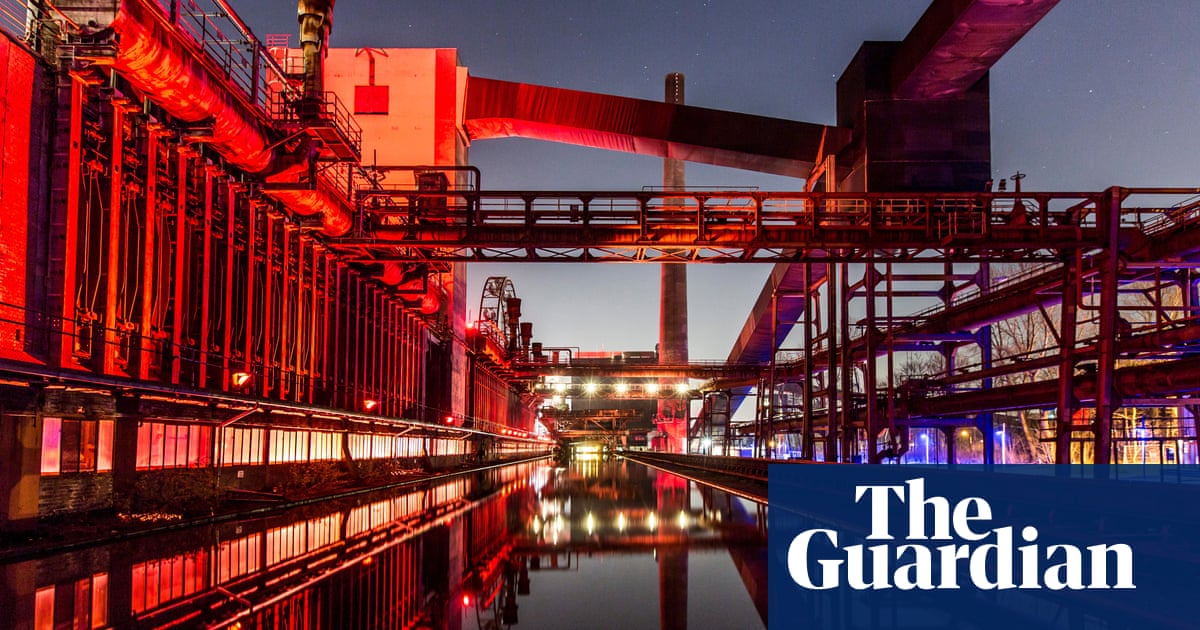All eyes will be on Germany’s industrial heartland next month as Euro 2024 kicks off. We explore the region’s heritage, renewal and sporting history
In 1961, future West German chancellor Willy Brandt declared: “The sky above the Ruhr must be blue once more.” His words were greeted with what sounded like applause but was actually his audience falling off their chairs. Because the Ruhrpott, or Ruhrgebiet, an agglomeration of industrial cities that includes Gelsenkirchen (where England will play their opening match of the European Championship this summer), Dortmund (which hosts group matches as well as a semi-final), Essen and Duisburg was a place where the chimneys of the coal, iron and steel industries poked up above the smog like candles on a giant grey birthday cake. You were more likely to slip in unicorn droppings than breathe clean air in the Ruhrpott.
Today the notion of the Ruhr as a tourist destination may provoke as many German sniggers as Brandt’s prophecy back in 1961. But while this region of more than 5 million people may lack the fairytale castles of Bavaria or the coolness of Berlin, there’s plenty to divert the thousands of fans who will pour into the region in June and July. And that’s even if you leave aside the rich football heritage of the mighty Borussia Dortmund and Schalke 04, and perennial battlers such as Rot-Weiss Essen, Bochum and Duisburg. Continue reading...
